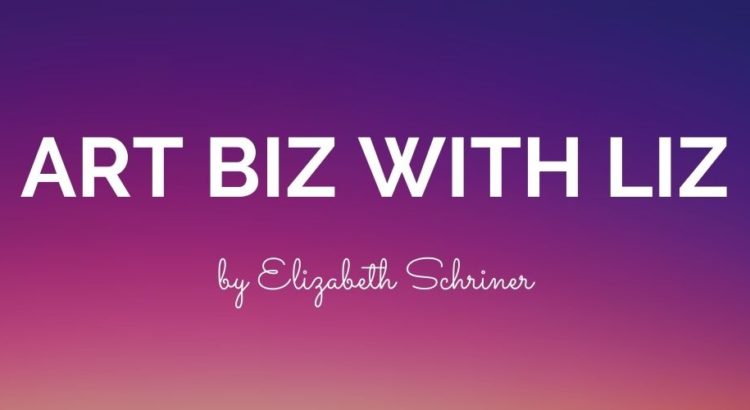Today, I found myself spiraling down a YouTube binge. One video turned into another until two hours had passed in the blink of an eye. Instead of the usual vine compilations, however, I watched clips from Fox’s new show, The Masked Dancer.
While I only stumbled across The Masked Dancer this morning, I’ve previously watched a few episodes of The Masked Singer, a singing competition television series based on the Masked Singer franchise that originated in South Korea. In the show, celebrity contestants sing songs in elaborate, head-to-toe costumes that conceal their identities. Clues are provided throughout the season, and panelists attempt to guess the celebrities’ identities. The panelists and audience members vote for their favorite singer, and the celebrity with the lowest number of votes is voted out and unmasked.
The Masked Dancer is fairly similar to its predecessor, though celebrities dance instead of sing. Dance genres include tap, salsa, and more, which is interesting given the differences in dance backgrounds among celebrities (some have extensive training whereas others have none). Like The Masked Singer, the over-the-top costumes worn represent a range of characters, including Tulip, Moth, and Ice Cube in the show’s first season. Ken Jeong acts as a returning panelist from The Masked Singer, with Brian Austin Green, Ashley Tisdale, and Paula Abdul appearing as new panelists.
Luckily for me, I discovered The Masked Dancer mere days after the show’s first-ever finale, which meant that I didn’t have to endure an excruciating wait to discover the identities of my favorite characters (spoiler alert if you click on the hyperlink). Of course, the hidden identities are part of the fun. There’s one moment in the show where the contestants’ voices are unmodulated for a segment called “Word Up,” and even then it’s just one word. It’s enjoyable to make guesses based on the celebrities’ dance moves and clues sprinkled in throughout the show.

The dancing, humor, and mystery element all contribute to the show’s entertainment factor. Of course, the show wouldn’t exist without the arts and outside influences, either. The costumes in the show are intricate and zany, showcasing a variety of colors and textures. Ingenuity and imagination are necessary to create the artwork and actual pieces for the costumes within limited time frames. The dance performances, true to the show’s name, reflect dance as a form of art. The mechanical side of the performing arts form is important, as are the sense of rhythm and expression of emotion. The show is also associated with music, important to both The Masked Singer and The Masked Dancer. Overall, The Masked Dancer seems like an engaging show that I’d be interested in binge-watching again.




